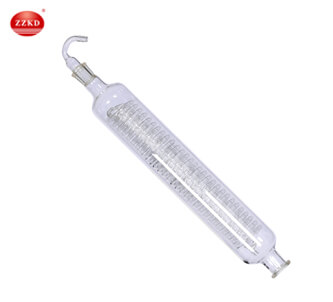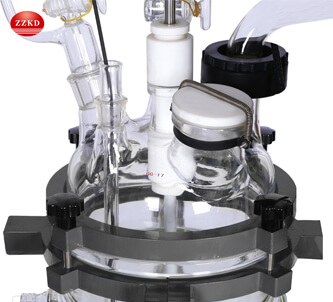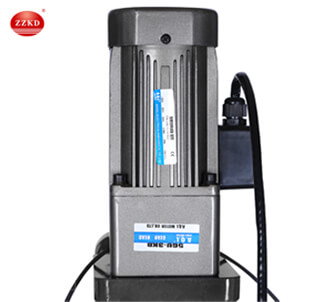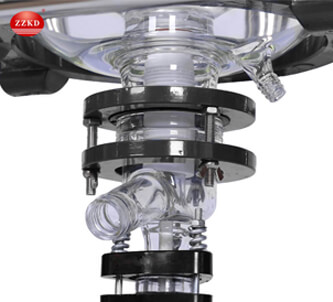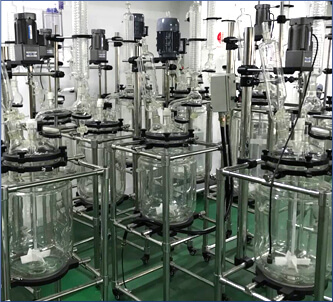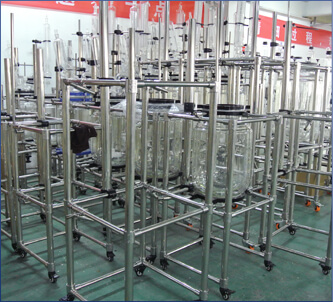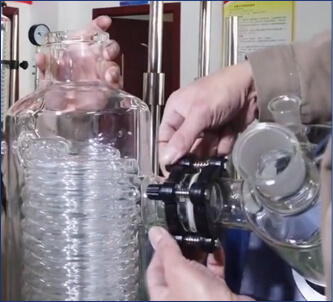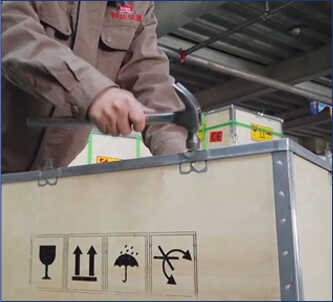What Is the Price of a 100-Liter Glass Reactor?
If you’re in the chemical, pharmaceutical, or food processing industry, you’ve likely heard about glass reactors—versatile machines used for mixing, distilling, and synthesizing materials. Among the most common questions buyers ask is: “What is the price of a 100-liter glass reactor?” The answer isn’t straightforward because prices vary widely depending on design, materials, and features.
In this article, we’ll break down everything you need to know about 100L glass reactors, including key factors that affect pricing, what to look for when buying one, and how to choose a reliable supplier. By the end, you’ll understand why investing in a high-quality reactor matters and how to get the best value for your budget.
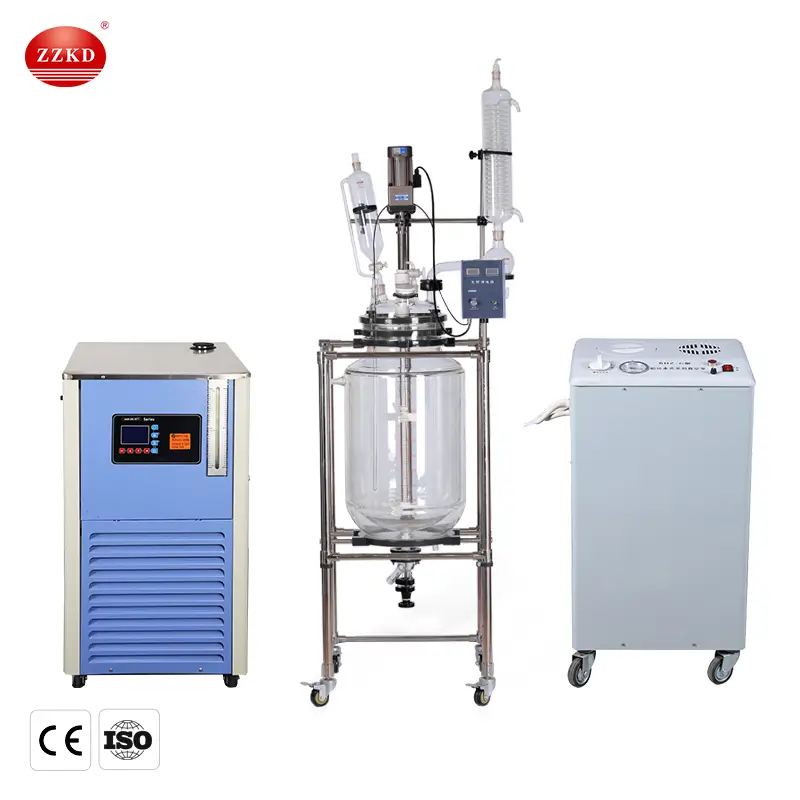
Why Do You Need a 100-Liter Glass Reactor?
Before diving into costs, let’s clarify why glass reactors are essential. These systems are designed for precise temperature control, corrosion resistance, and visibility during chemical reactions. The 100L size is popular for small to medium-scale production, R&D labs, and pilot projects. Whether you’re producing pharmaceuticals, cosmetics, or specialty chemicals, a glass reactor offers:
Transparency: Monitor reactions in real time.
Durability: Borosilicate glass resists thermal shock and chemical corrosion.
Flexibility: Compatible with heating, cooling, and vacuum functions.
Now, let’s tackle the big question: How much does a 100-liter glass reactor cost?
Average Price Range for a 100L Glass Reactor
Prices for 100-liter glass reactors typically range between $1,000 and $5,000+. This broad range reflects differences in quality, customization, and additional features. Here’s a quick breakdown:
| Type | Price Range | Best For |
| Basic Standard Model | $1,000 – $2,000 | Small labs, simple processes |
| Mid-Range with Features | $2,000 – $3,000 | Pilot plants, moderate demands |
| High-End Customized | $3,000 – $5,000+ | Industrial use, complex needs |
Note: Prices may fluctuate based on market conditions, supplier location, and order volume.
6 Factors That Affect the Price of a 100L Glass Reactor
Why does one reactor cost twice as much as another? Here are the key factors driving the price:
1. Material Quality
The type of glass used is critical. Most reactors use borosilicate glass (like GG17 or 3.3B), known for high thermal resistance. Cheaper models might use lower-grade glass, risking cracks or leaks. High-quality glass increases durability—and cost.
2. Design Complexity
Jacketed vs. Non-Jacketed: Jacketed reactors allow heating/cooling via an outer layer, ideal for temperature-sensitive reactions. These cost more.
Multi-Layer Designs: Some reactors include additional layers for insulation or pressure control.
3. Additional Features
Stirring Systems: Overhead stirrers, magnetic stirrers, or variable-speed motors.
Automation: Digital controls, programmable logic controllers (PLCs), or touchscreen interfaces.
Accessories: Condensers, distillation kits, or custom ports for sensors.
4. Brand Reputation
Established brands often charge a premium for proven reliability. However, many mid-tier manufacturers (like us!) offer similar quality at lower prices by cutting out middlemen.
5. Customization
Need a unique flange size, extra ports, or a specific height? Custom designs add 15–30% to the base price.
6. Certifications and Compliance
Reactors certified for GMP, ISO, or ATEX standards (for explosive environments) undergo rigorous testing, raising costs.
Why Cheap Glass Reactors Can Be a Risky Investment
While budget-friendly options are tempting, low-cost reactors often cut corners on:
Glass Thickness: Thin glass cracks under thermal stress.
Poor Seals: Leaks waste materials and pose safety risks.
Weak Stirrers: Inefficient mixing affects product quality.
A $1,000 reactor that break safter a year is cost lier than a $2,000 model that lasts a decade. Always prioritize quality and after-sales support over upfront savings.
How to Choose a Reliable Supplier
As a glass reactor manufacturer with years of export experience, we recommend asking suppliers these questions:
Do you use borosilicate glass?
Avoid suppliers who can’t confirm glass specifications.What certifications do your reactors have?
Look for ISO 9001, CE, or FDA compliance if needed.Can you provide customization?
A good supplier tailors reactors to your workflow.What’s included in the warranty?
Aim for at least 1–2 years of coverage for parts and labor.Do you offer installation support or training?
This is crucial for first-time buyers.
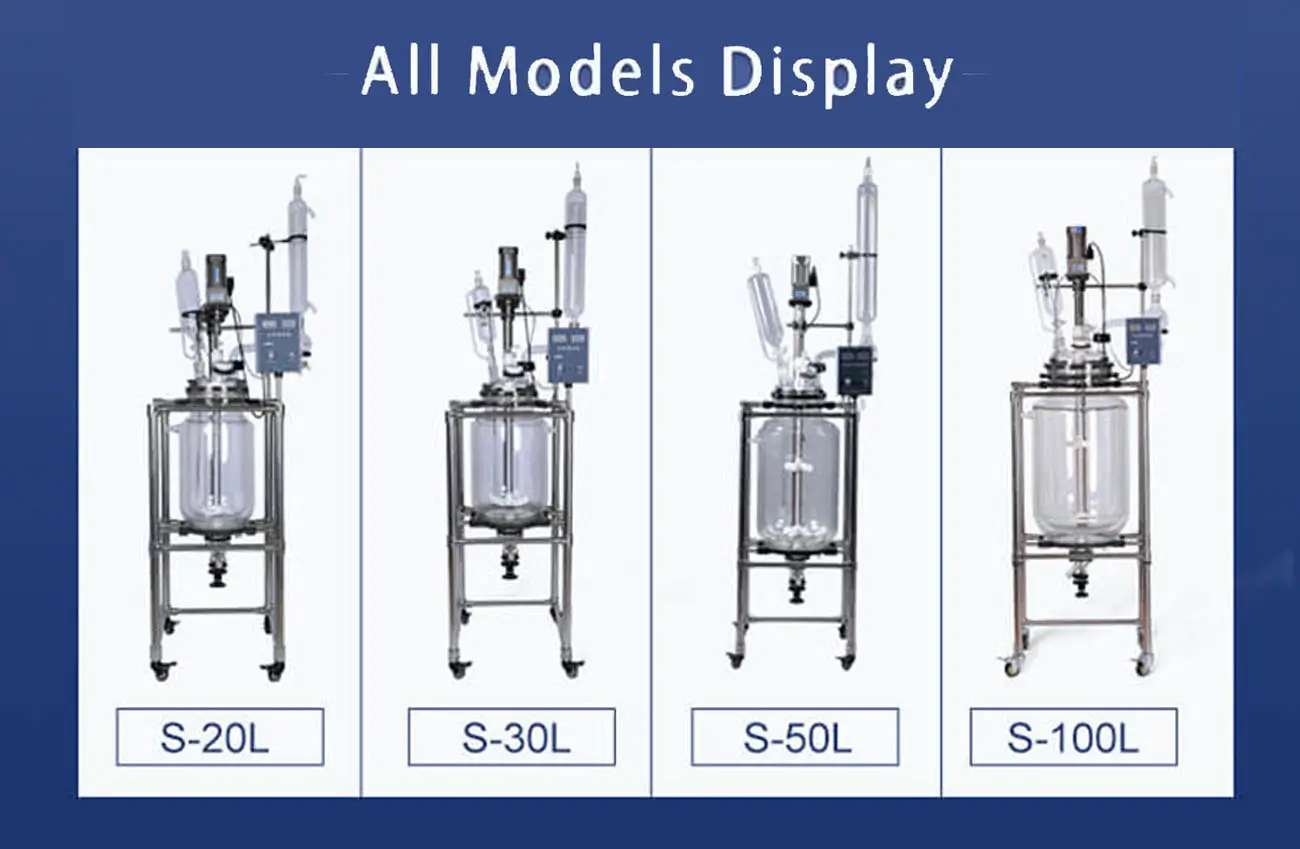
How to Maintain Your Glass Reactor for Longevity
Proper maintenance extends your reactor’s lifespan:
Clean glass parts with mild detergents (no abrasives!).
Inspect seals and stirrers regularly.
Avoid sudden temperature changes.
Final Thoughts: Balancing Cost and Quality
The price of a 100-liter glass reactor depends on your specific needs. While $2,000 – $3,000 is a common range for reliable mid-tier models, always request quotes from multiple suppliers. As a trusted manufacturer, we provide transparent pricing, OEM support, and global shipping to ensure you get a reactor that fits both your budget and process requirements.
Ready to explore options? Contact us today for a free quote and technical consultation!

